Welcome to St Lucia, Durban, a paradise where nature, adventure, and relaxation blend seamlessly. Known for its rich biodiversity, stunning landscapes, and vibrant local culture, St Lucia is a top destination for travellers seeking an unforgettable South African experience. In this blog, we’ll cover the best attractions, optimal times to visit, and essential tips to make your trip to St Lucia extraordinary.
How to navigate safe holiday planning
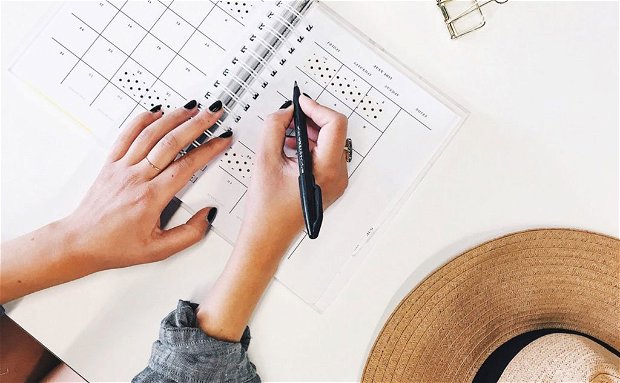
Hear that? It's the sound of the world breathing a sigh of relief as travel restrictions begin to loosen. With lockdown lessening each month, it's easy to believe the worst is over. Getting back to normality, even having the elusive thought of an actual holiday — yes, please. Before you start revving to make your […]
Hear that? It's the sound of the world breathing a sigh of relief as travel restrictions begin to loosen. With lockdown lessening each month, it's easy to believe the worst is over. Getting back to normality, even having the elusive thought of an actual holiday — yes, please. Before you start revving to make your reservations, it's vital to consider your holiday planning and preparation.
Holiday planning and measuring risk
Taking on travels during these uncertain times is a thin line of risk versus reward. We so badly just want to venture out from home after our staycations, break away from the reality of the times and escape. But, we also need to remember that even on holiday, the risks are still very real and very imminent. This is why with your holiday planning, the first step is to consider where you are wanting to go and where it ranks on a risk scale of low to high. You also don’t want to spend your entire holiday second-guessing your health and safety. The trick? Strive for quality over quantity, especially when your well-being is at stake. We have broken down things for you to consider while planning and arriving at your destination, as well as what we are providing as a company.
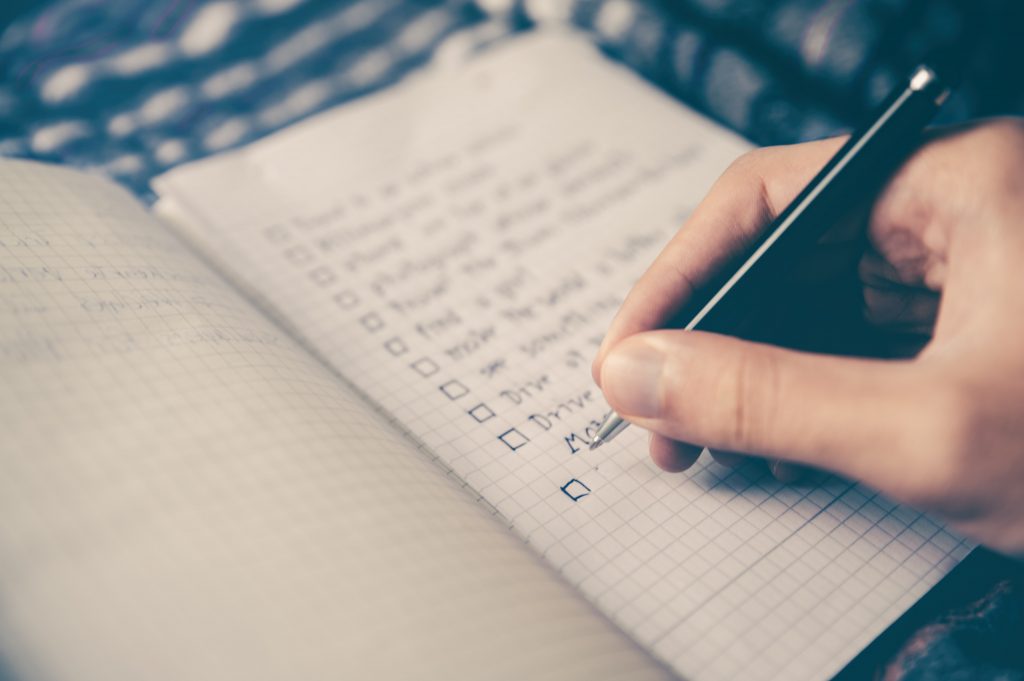
Considerations and prevention measures
To ensure your holiday planning is as fail-proof as possible, carefully comb through these points.
Before you go: what to check and pack
Prior to any travel, you will need to thoroughly research the local restrictions and current hotspots of your destination.
Firstly consider curfews, outdoor mask regulations, screening protocols and mandatory distancing. This may affect the general occupancy allotments for a room or transport vehicle. Another possibility you may encounter will be the need to quarantine upon arrival and return.
Secondly, check your insurance coverage and policies. Some companies have stated that they will cover you if you make a claim of good health and disclose your test results before traveling. For policies bought before March 2020, you could still have coverage. However, newer policies will no longer provide cover against future virus claims. This is important because any advice disregarded by foreign offices will invalidate claims. So be careful.
If you do decide to fly after all, in-flight restrictions for hand sanitiser are now adjusted. Previously, passengers could carry 100mls and are now cleared to carry about 350mls. Make sure to make the most of this.
Lastly, wearing a mask in summer does sound like a bummer, but the health protection far outweighs the face tan. When purchasing additional masks, look for a cotton blend with higher thread counts and avoid polyester. The key is breathability and avoiding trapping moisture. The minute your mask gets wet, it is no longer serving its purpose. Keep it dry and keep protected.
What to check during travel and upon arrival
Travel options and considerations
Many of us are wondering if we will ever see the inside of a plane again. If you had flying scratched off your travel itinerary, you may have a surprise - you may not need to. Experts have conducted health research, examining exactly how viruses spread on planes. The real exposure comes when standing in line at security, boarding gates and other turnstile passage points. You are safer sitting near a window than in an aisle seat, but still at some danger of contact along your row. The risk also grows if it is a flight steward and not a passenger carrying the virus. Flight attendants are being carefully screened before flying, however.
Airplane air standards and quality control is another fear for many. The air filters through a HEPA filter, maintaining the circulation of air. Additionally, airports and airplanes are undergoing intensive cleaning schedules and checks. For all the surfaces and commonly touched areas, electrostatic disinfectants are being deployed. Further measures with some airlines include handing out sanitisation packs with wipes for passengers.
As for car hire, additional procedures will vary from company to company. Common practices will include sanitising interiors and the ventilation systems, disinfecting and packaging keys until the next driver collects them. Many may require a document declaring a bill of good health, as well as providing online check in and payment. Be sure to carry your own hygiene and sanitising products in the vehicle if the hire company does not provide them.
Arriving at your destination
While there is also a lower risk in enjoying the open sands of a beach, distancing and hygiene diligence is still necessary. While entering and exiting common use areas like reception, be sure to sanitise yourself with provided hand sprays and gels, as well as wear a mask. When checking in, all guests will have their temperatures checked as part of international protocol. A great resource comes from the WHO, outlining their updated policies and guidelines.
Although there isn’t a real concern for beachgoers passing on a virus through water, it is more of how they interact in and around the water. Playful shouting above the waves and sand still count as a potential threat, with expelled droplets being airborne and carried away. Lastly, make sure to investigate the local rules of the beaches you plan on visiting, these may differ from location to location.
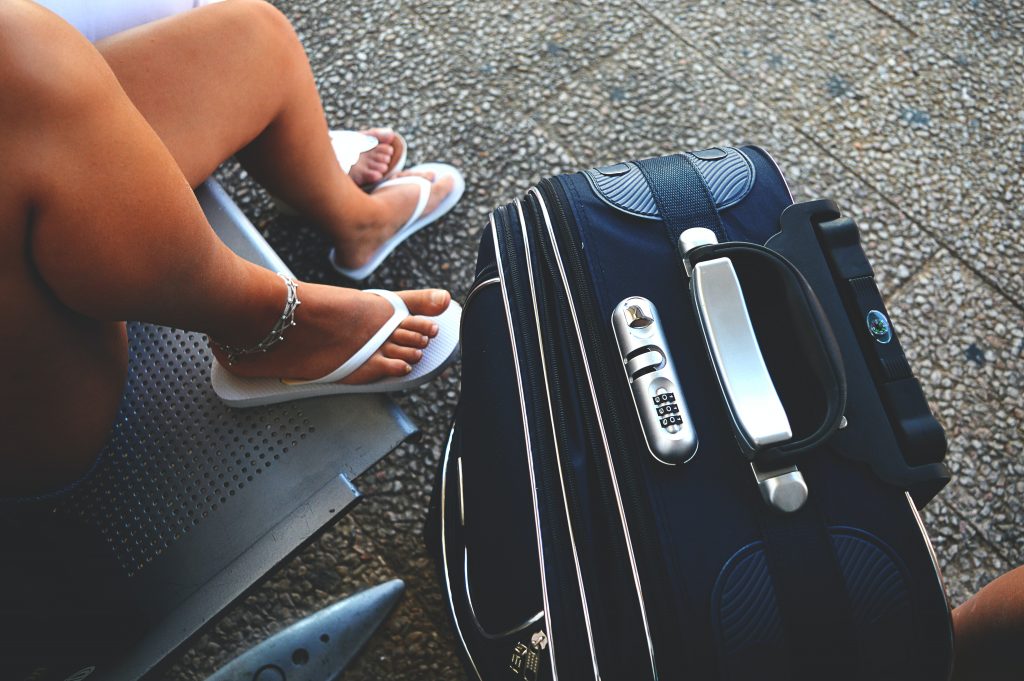
Vacation Letting: our policies and protocols
As we take the health and safety of our staff and guests very seriously, we have made some changes to how we approach this news era of holiday travel and venue hygiene.
These changes involve:
- Staff training, new hygiene requirements and added monitoring measures for staff
- Guest hygiene requirements and social distancing adherence
- Adding thorough sanitisation practises and removal of surfaces to reduce virus spread
- Careful removal and laundering of linens
- Fogging guest units after each occupation
- Having standard procedures for guests and staff displaying COVID-19 symptoms
Have a safe holiday away
We hope this guide to safe holiday planning has helped you navigate this tricky time. Remember, it is our shared responsibility to reduce the spread of the virus, even while on holiday. The onus is literally ‘on us’. If you feel ready to go on beachside holiday in one of our self-catered units, contact us to learn more about our accommodation and safety policies.
Further Reading
Mossel Bay is well-known for its balmy days, pristine beaches and historical attractions. In this article, we will walk you through the best blue flag beaches to visit in this gorgeous South African town, as well as our top picks of self-catering accommodation in Mossel Bay.
Imagine rolling vineyard-covered hills, bountiful grapevines heavy with luscious fruit, and the tantalising aroma of wine lingering in the air. This is the allure of …






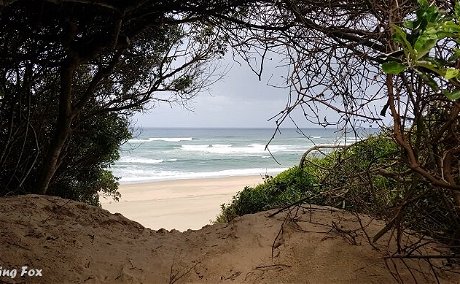
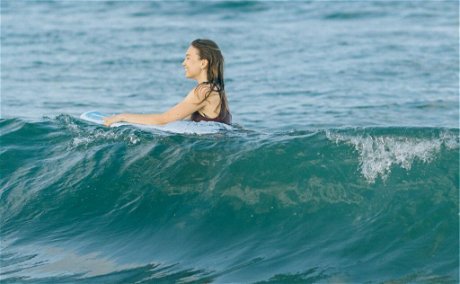
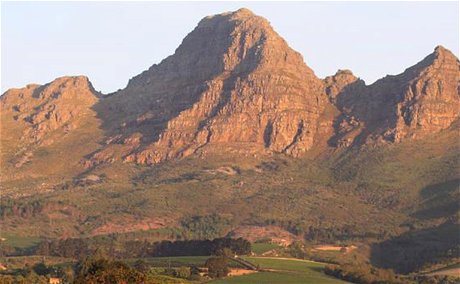
Share This Post